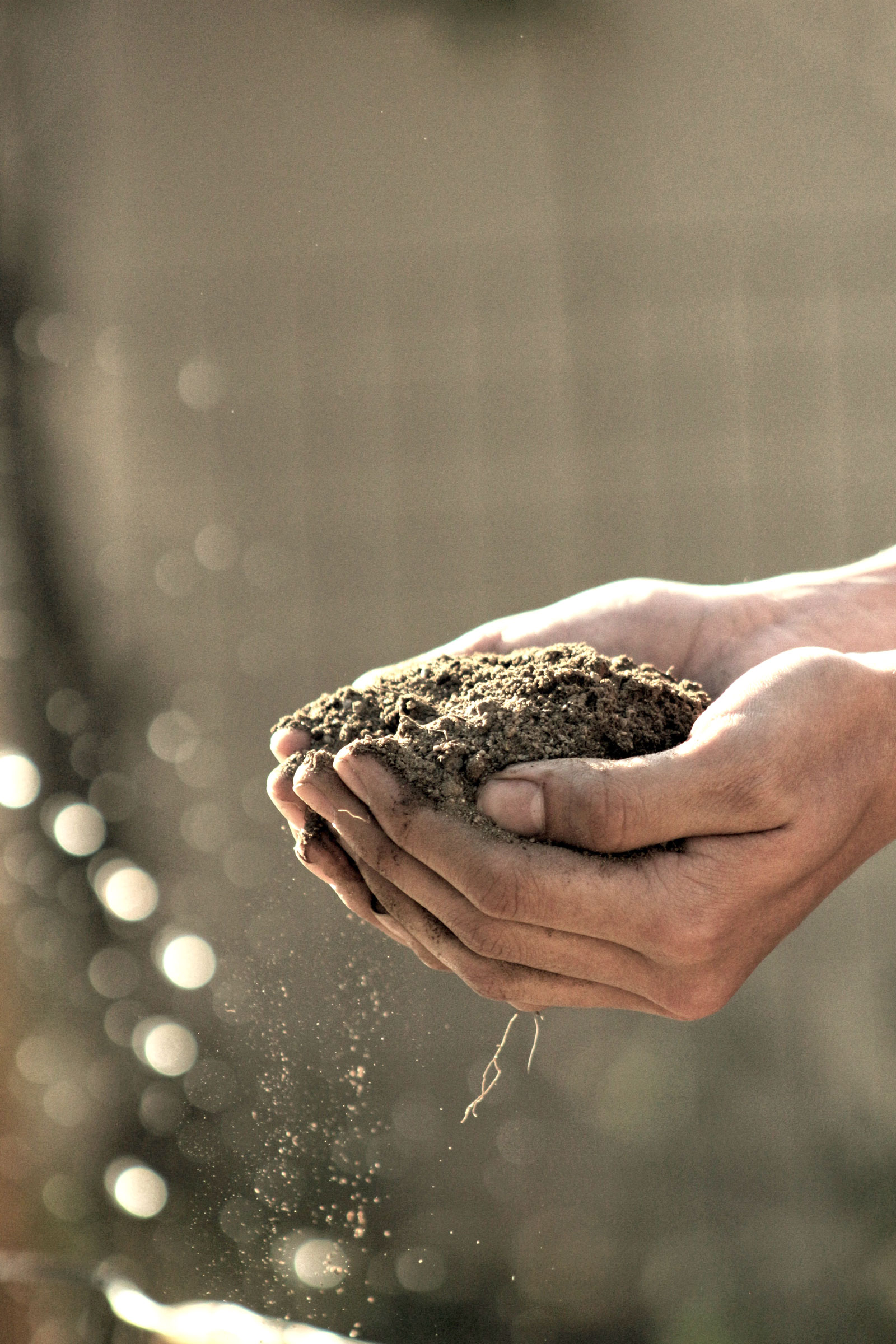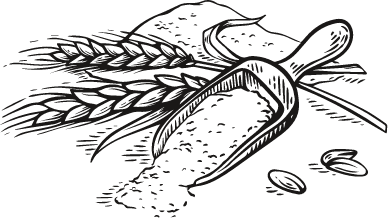A cultivation concept inspired by nature itself, permaculture takes into account biodiversity as a whole. Focus on a true philosophy that combines equity, sustainability and cooperation to take care of the environment as well as its inhabitants.
Where does permaculture come from ?

The term permaculture originated in the 1970s from the contraction of “permanent agriculture”. Theorised in the book by Australians Bill Mollison and David Holmgren published in 1978, “Permaculture 1: A perennial agricultural system for human settlements”, the concept is based on the observation of nature. More than a method of agriculture, it is a true philosophy that aims to design sustainable development systems: it is an ethical way of living that cares for both Man and the Earth, creating links between them that benefit everyone equally.
How does permaculture work ?
In concrete terms, permaculture relies on the functioning of natural ecosystems to design sustainable solutions. It is based on community links, resource sharing and environmental preservation. While it applies to habitats as much as to the economy, through sustainable construction or associations and short circuits in particular, its best-known application remains agriculture: it is a method of cultivating the land that preserves biodiversity and soil fertility. To achieve this, permaculture brings together a large number of different techniques, often considered common sense.
For example? Saving water, composting, cultivating on mounds, not leaving the soil bare, creating interactions between fauna and flora, associating plant species, not using toxic chemicals or fertilisers, among other things. Again, these methods aim to reproduce the model of ecosystems naturally found in forests, but on the scale of a garden, city or industrial crop. Permaculture can therefore be applied in your vegetable garden as well as by professional growers – the proof: at Markal, many products are grown in permaculture gardens.
The benefits of permaculture
The greatest benefit of permaculture? Establishing a virtuous cycle between the earth and its inhabitants, whoever they may be. Whether building a house or growing vegetables on a balcony, the method creates a sustainable, economical and, in the long run, partly autonomous cycle. Adopting permaculture products is also a simple way for consumers to commit to new consumption patterns and organic food that respects both the environment and people.
Markal’s permaculture ranges are constantly expanding. Bioshok fruit preserves from Sri Lankan industry can organic permaculture fruit, from sliced pineapple to cubed coconut, jackfruit and fruit cocktail. As for the MARKAL coconut range, it offers the fruit in coconut flour, coconut cream and coconut milk versions, for ever more responsible plant-based cooking. It’s delicious too!








